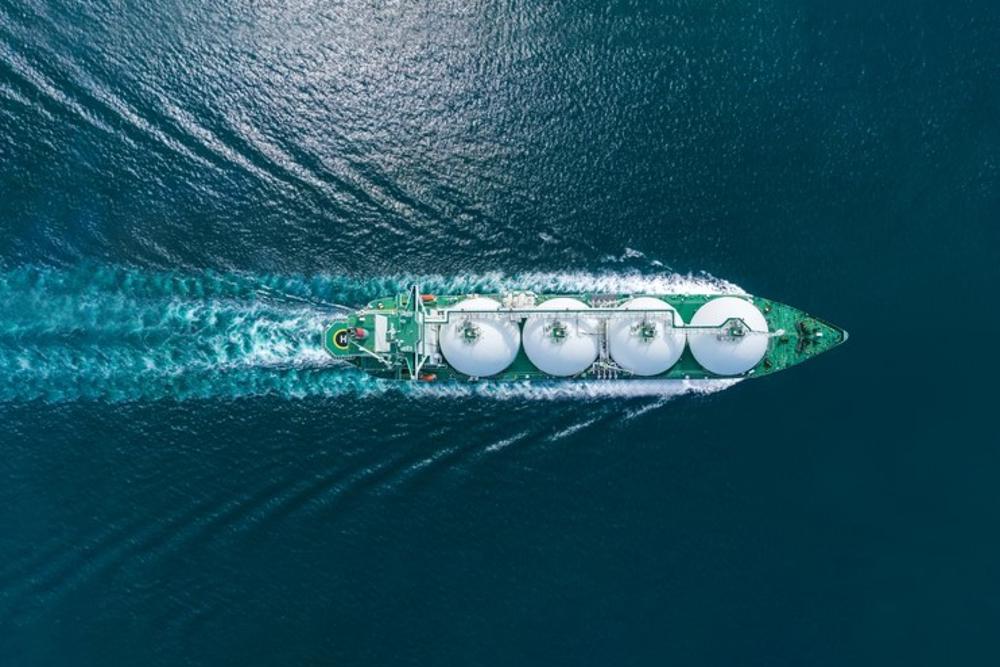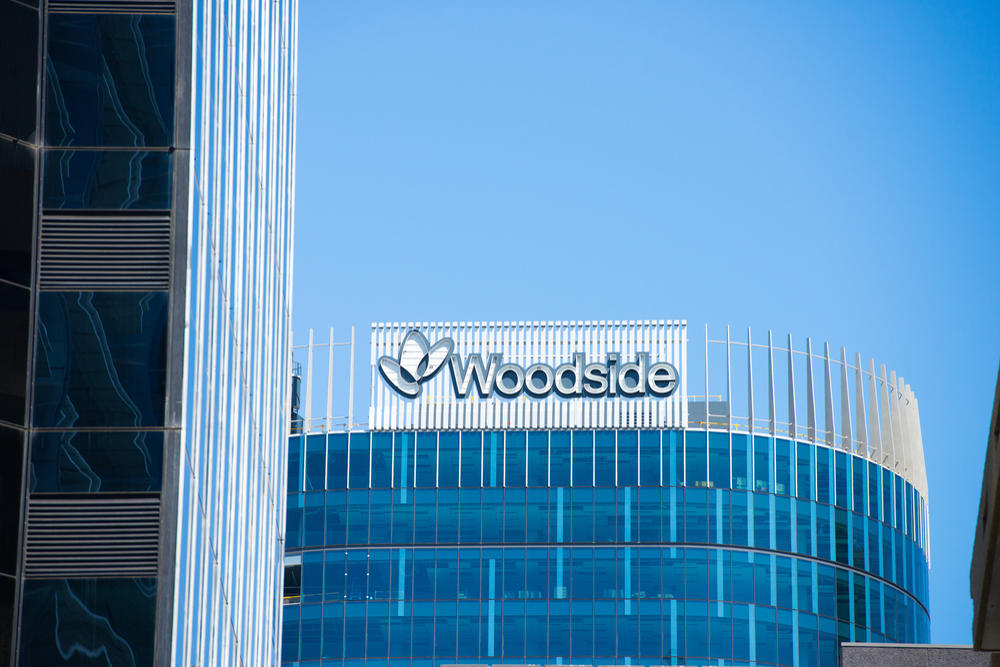
The US oil and gas industry emits roughly 13 million metric tons of methane (a potent greenhouse gas) per year, approximately 60 per cent higher than the average estimated amount by the Environmental Protection Agency (EPA).
Most of these emissions are occurring from leaks, malfunctioning equipment and other ‘abnormal’ operating conditions. In 2015 it was noted that these leaks (and similar malfunctions) had roughly the same environmental impact as the carbon dioxide emissions resulted from all of the US’ coal-fired plants. While methane emissions are relatively small compared to carbon dioxide, they are a major force in short-term global warming. Scientists have also said that methane can trap more than 80 times more heat than carbon in the first 20 years after escaping into the atmosphere.
“Man-made methane emissions are responsible for 25 per cent of the warming our planet is experiencing right now,” Mark Brownstein of the Environmental Defense Fund (EDF) explained, adding that as the US is the world’s top producer and sector-leader, they have a ‘responsibility’ to properly track their emissions. The total cost of these methane leakages is around US $2 billion, according to the EDF.
“I do believe that we have to acknowledge this is an issue,” announced Bernard Looney late last week, Chief Executive of Upstream with BP. “Gas will not win the argument that it needs to win if we don’t all put methane as an issue on the table.”
The bulk of global methane leakage has been said to come from flaring, where gas produced as a by-product of crude oil drilling is burned off as there are no pipelines yet available to take it to market.
So, the industry is being called on to action. Overall, EDF is calling for a 45 per cent reduction in global oil and gas methane emissions by 2025 – a goal that would have the same short-term climate benefit as closing one-third of the world’s coal plants when achieved.
Industry leadership remains crucial to make this change. US companies can lead through operational best practices, comprehensive methane programs, target setting, technology innovation and pilots, and constructively engaging with the regulatory process to name a few alternative solutions.
Greg Guidry, Shell’s Executive Vice President called voluntary action critical, saying “if you just wait for regulation, there will be a hell of a lot more methane emitted in the meantime”.








